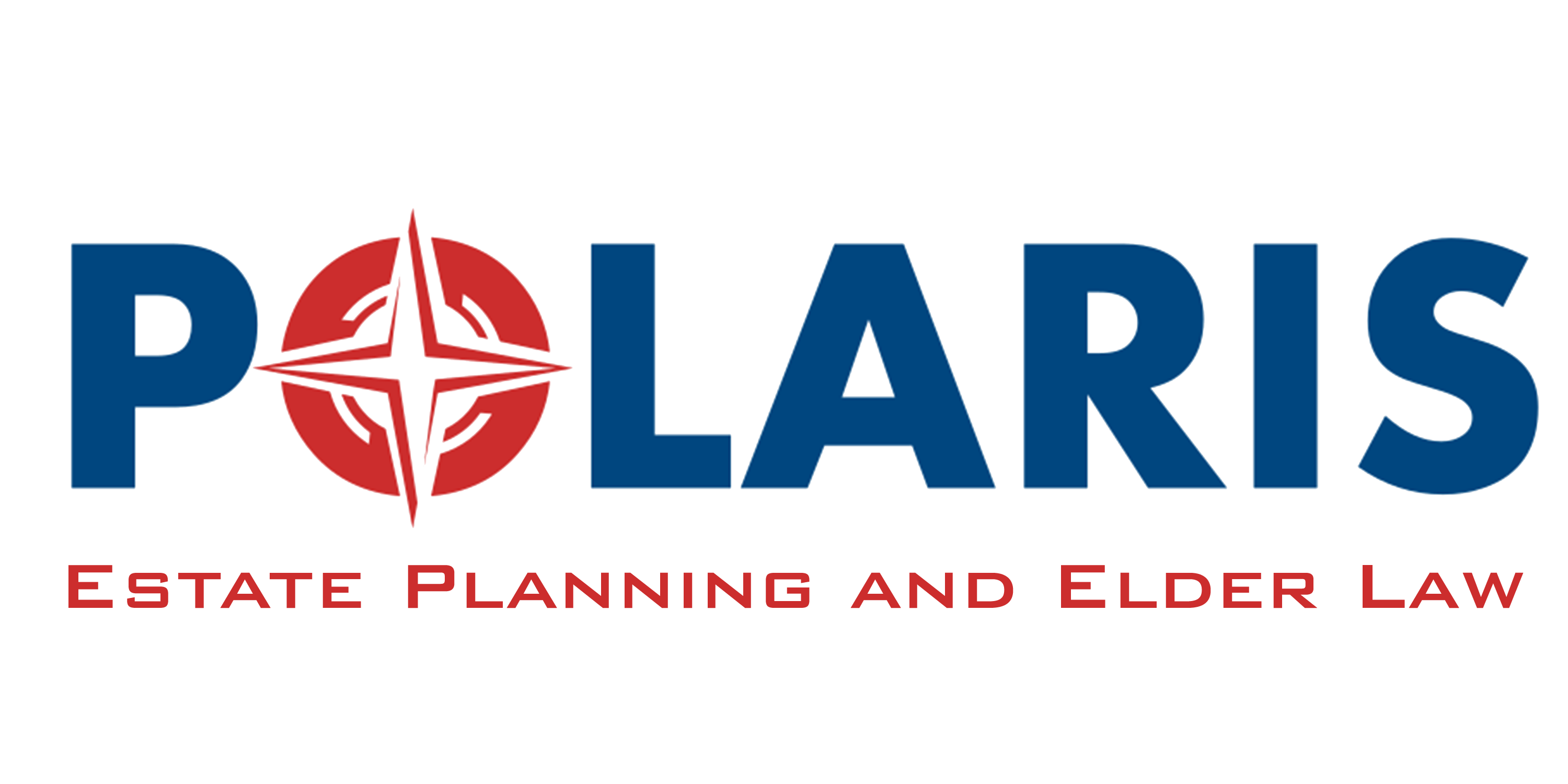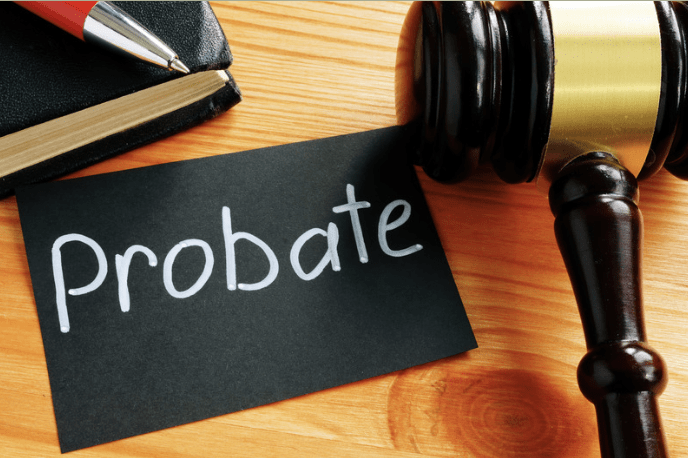Probate is a legal process that occurs after an individual passes away, during which the court validates the deceased person’s will, if one exists, and oversees the distribution of their assets to beneficiaries. However, not all assets go through probate. Understanding which assets are subject to probate and which are not is a critical aspect of estate planning. In this blog post, we will clarify this distinction to help you plan your estate effectively. If you’re in Missouri and need guidance on estate planning, Polaris Estate Planning & Elder Law in St. Charles is here to assist you. Stick around until the end to learn about an upcoming workshop that can provide you with valuable insights into the probate process.
Assets Subject to Probate
Solely Owned Property: Assets solely owned by the deceased person without a designated beneficiary or co-owner typically go through probate. This includes real estate, vehicles, and personal belongings.
Personal Bank Accounts: Checking, savings, or investment accounts in the deceased person’s name alone will be subject to probate unless a payable-on-death (POD) or transfer-on-death (TOD) beneficiary is designated.
Investment Accounts: Individual brokerage accounts and investment portfolios owned solely by the deceased may be subject to probate unless beneficiaries are named.
Life Insurance Policies: Life insurance policies where the deceased is both the policyholder and the insured person may go through probate if no beneficiary is designated or if the estate is named as the beneficiary.
Retirement Accounts with No Beneficiary: Retirement accounts, such as IRAs or 401(k)s, without designated beneficiaries are subject to probate.
Assets Not Subject to Probate
Jointly Owned Property: Property held jointly with rights of survivorship, such as joint bank accounts or jointly owned real estate, passes directly to the surviving co-owner and avoids probate.
Assets with Named Beneficiaries: Assets with designated beneficiaries, such as life insurance policies, retirement accounts, and payable-on-death (POD) or transfer-on-death (TOD) bank accounts, bypass probate and go directly to the named beneficiaries.
Living Trusts: Assets held in a revocable living trust during the grantor’s lifetime typically avoid probate. The trust designates how assets are to be distributed upon the grantor’s passing.
Community Property with Right of Survivorship: In some states, married couples can hold property as community property with the right of survivorship, allowing it to pass directly to the surviving spouse without probate.
Property with Reserved Life Estate: If the deceased person reserved a life estate, allowing them to use and control the property until their death, the property passes to the remainder beneficiaries without probate.
Small Estates: In Missouri, if the total value of the probate assets is $40,000 or less, they may qualify for a simplified probate process, known as a small estate affidavit, which expedites distribution.
Understanding which assets are subject to probate and which are not is essential for effective estate planning. By strategically designating beneficiaries, setting up trusts, and holding property jointly, you can minimize the impact of probate on your estate.
For Missouri residents seeking expert guidance on estate planning and probate matters, Polaris Estate Planning & Elder Law in St. Charles is your trusted partner. To delve deeper into the probate process and gain valuable insights, we invite you to register for our upcoming workshop.
Register for our upcoming workshop and equip yourself with the knowledge and tools to navigate the probate process effectively.

